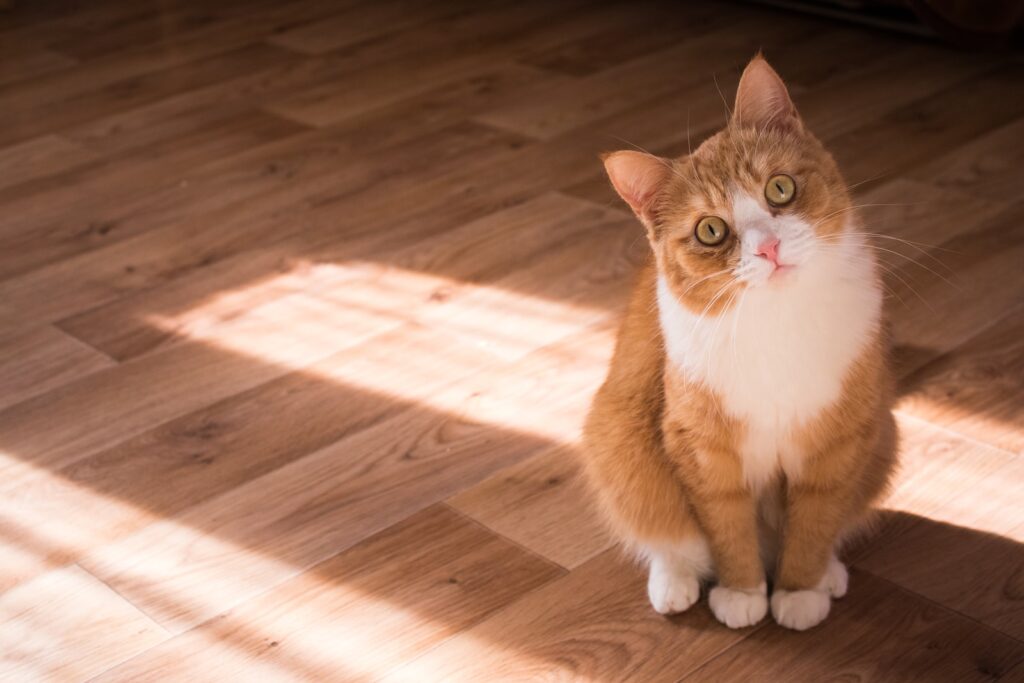Can Cats Eat Chips? — No, They can’t
Chips, whether plain or flavored, should not be a part of your cat’s diet. While cats are obligate carnivores and primarily need a meat-based diet, indulging them in chips can be harmful to their health.
Can Kittens Eat Chips?
No, kittens should not be given chips either. As they are still growing and developing, their nutritional needs are different from adult cats. Providing them with a balanced and appropriate diet is crucial for their overall well-being.
Things to consider when feeding chips to kittens?
It is important to note that chips do not provide any nutritional value to kittens. Feeding chips to them may lead to poor nutrition and weight management issues. It is best to stick to a balanced kitten food diet recommended by veterinarians.
Nutritional Benefits of Chips for Cats — Why Cats can’t have Chips?
No Nutritional Benefits
Chips do not offer any health benefits to cats. They are high in unhealthy fats, sodium, and carbohydrates, which are not suitable for feline consumption. Cats require a diet rich in animal protein, and chips simply do not fulfill their nutritional needs.
Potential Allergies: Can Cats Be Allergic to Chips?
Cats can be allergic to various types of food, including chips. Some cats may experience allergic reactions, such as vomiting, diarrhea, or skin irritations, if they consume chips or any food with ingredients that trigger their allergies.
Symptoms of Chip Allergies in Cats
- Vomiting: Cats may vomit after consuming chips if they have an allergic reaction.
- Diarrhea: Digestive upset, including diarrhea, can occur due to chip allergies.
- Skin Irritations: Cats may develop itchy skin, rashes, or hives as a result of chip allergies.
What to Do If Your Cat Shows Symptoms?
- Consult a Veterinarian: If you suspect your cat has an allergic reaction to chips or any other food, consult your veterinarian for proper diagnosis and guidance.
- Elimination Diet: Your veterinarian may recommend an elimination diet to identify the specific food allergen affecting your cat. This involves removing potential allergens from their diet and reintroducing them one by one to observe any reactions.
- Alternative Diet Plan: Based on the diagnosis, your veterinarian will create a customized diet plan for your cat, excluding any allergens.
Recommended Amount: How Much Chips Can a Cat Consume?
Chips should not be included in a cat’s diet at all. They provide empty calories, unhealthy fats, and excessive salt, which can lead to obesity, high blood pressure, and other health issues in cats.
Things to Consider When Feeding Chips to Cats
Feeding chips to cats should be strictly avoided. Keep in mind that a cat’s digestive system and nutritional requirements are different from humans. It is essential to provide them with a balanced and species-appropriate diet.
How to Feed Chips to Cats: A Quick Guide
Feeding chips to cats is not recommended, as it does not contribute to their health. It is best to focus on providing them a nutritionally balanced diet that meets their specific needs as obligate carnivores.
Conclusion
In conclusion, cats should not eat chips or any other types of human snacks. Their dietary requirements are best met with a high-quality, meat-based cat food specifically formulated for their needs. Feeding them chips can lead to nutritional deficiencies, allergies, and various health problems. It is crucial to prioritize their well-being and consult a veterinarian for guidance on their diet.






